Distinguished Scholars Join A&S Faculty in Fall 2025
The College of Arts and Sciences (A&S) welcomes 15 new faculty members in Fall 2025. According to A&S Dean Behzad Mortazavi, these scholars and educators will help advance the College's mission through research, teaching and community engagement across four strategic areas of focus: climate change and the environment; health and well-being; culture, community and change; and innovative technologies.
This cohort exemplifies the College's commitment to interdisciplinary collaboration and problem-solving. From quantum physicists developing advanced detection systems to biostatisticians translating complex data into actionable public health insights, these faculty members bring innovative thinking and cross traditional academic boundaries to their labs, classrooms and scholarship.
"I'm thrilled to welcome this exceptional group of scholars to the College of Arts and Sciences," Mortazavi says. "Through their research, teaching and engagement, they will contribute to solving today’s grand challenges and help our students develop into tomorrow’s leaders.”
Meet the new A&S professors
Jason Boock, associate teaching professor, biology
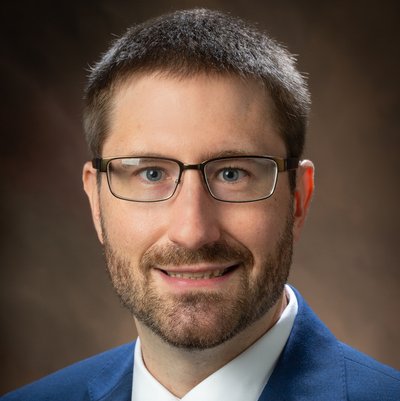
Jason Boock
Instructional philosophy: "I intend to bring my passion for and experiences in biotechnology innovation into the classroom, exposing students to contemporary techniques and strategies using authentic problems. My goal is to get students to be early-career ready by fostering the development of skills that employers value.”
- Ph.D., chemical and biomolecular engineering, Cornell University (2015)
- Specializations: biotechnology, biochemical engineering, protein expression and synthetic biology
Scott Collier, assistant professor, physics
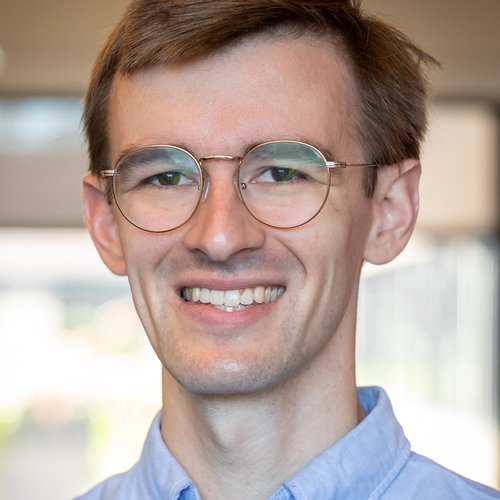
Scott Collier
Instructional philosophy: "I believe scientific progress is driven by dialogue and exploratory discussions, often in front of a blackboard. In building a research group at A&S, my mentoring style thus favors working closely with students, making time for frequent and sometimes open-ended dialogue."
- Ph.D., theoretical physics, Harvard University (2020)
- Specializations: quantum gravity, black holes, holographic dualities and high-energy theoretical physics
Vanessa Evans, assistant professor, English (affiliated with Native American and Indigenous Studies)
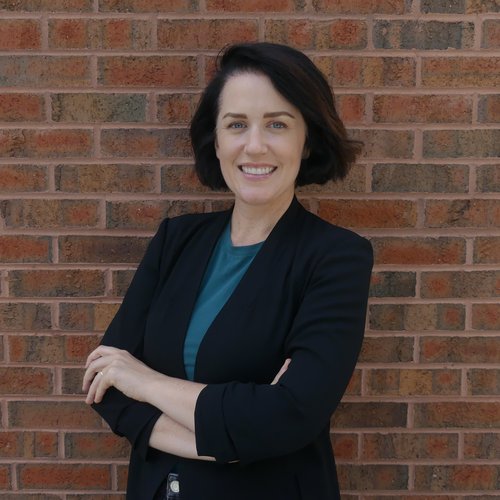
Vanessa Evans
Instructional philosophy: "I take a holistic approach to pedagogy that honors the stories we study and the lived experiences we bring to our shared space. Guided by Indigenous ways of being-knowing-doing, I strive to create learning environments where students see themselves as active participants in both our classroom community and the communities they return to when class ends."
- Ph.D., English, York University (2023)
- Specializations: global Indigenous literatures and theory
Caleb Fink, assistant professor, physics
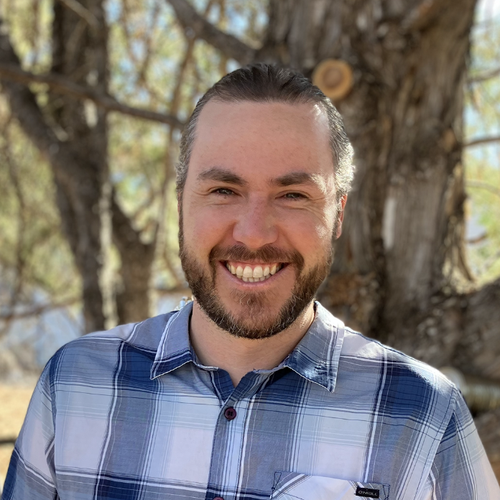
Caleb Fink
Instructional philosophy: "I aim to create an environment where students build physical intuition, develop hands-on skills and gain confidence working at the frontiers of modern quantum science. My teaching emphasizes curiosity and experimentation—essential for engaging with emerging technologies and contributing to interdisciplinary solutions for complex global challenges."
- Ph.D., physics, University of California, Berkeley (2022)
- Specializations: quantum sensing and dark matter detection
Clare Fitzgerald, visiting assistant teaching professor, art and music histories
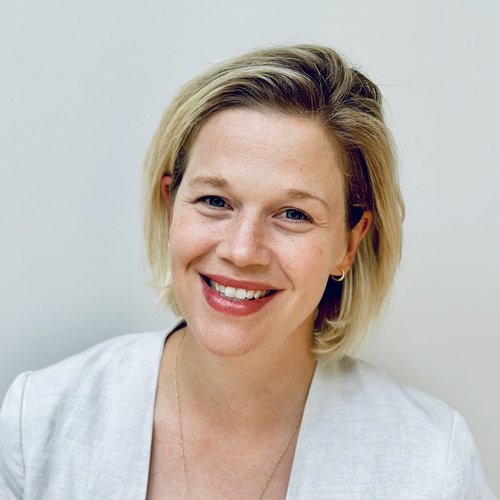
Clare Fitzgerald
Instructional philosophy: "My goal is to foster inquiry-driven classrooms that connect past and present. I approach teaching as a collaborative exploration of visual culture, where students engage critically with ancient art and its modern interpretations through object-based learning and encouraging students to consider how historical narratives are shaped.”
- Ph.D., Emory University (2013)
- Specializations: ancient Egyptian art and archaeology, ritual space in Theban tombs, post-Amarna New Kingdom elite self-presentation and history of Egyptian objects in American museum collections
Collie Fulford, associate professor, writing and rhetoric; director, Center for Writing
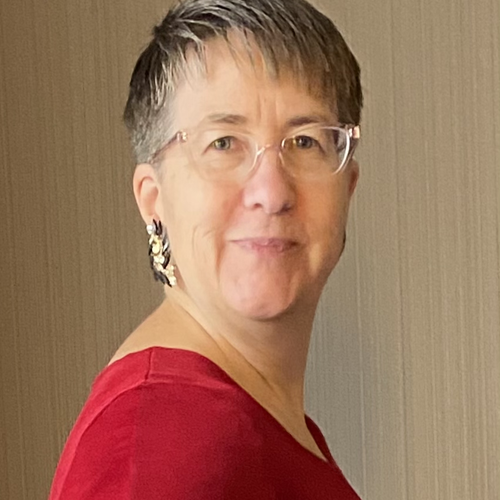
Collie Fulford
Instructional philosophy: "Research and teaching are co-informing activities for me. I often include students on my research teams, and I strive to support students in their own deep and difficult intellectual projects by encouraging social, creative and personal approaches to writing and research."
- Ph.D., English composition and rhetoric, University of Massachusetts Amherst (2009)
- Specializations: adult learning, writing program administration and inclusive pedagogy
Weijun Gui, assistant professor, chemistry
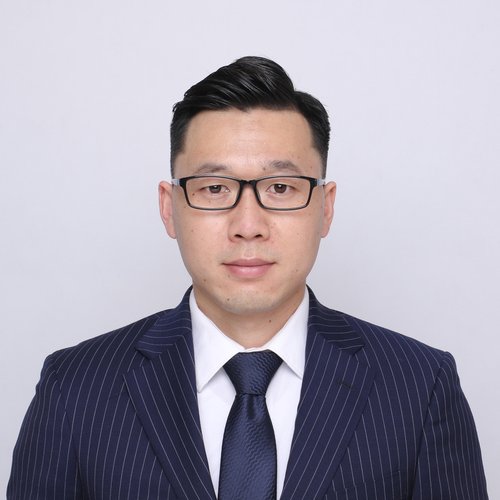
Weijun Gui
Instructional philosophy: "In the classroom, I strive to create a welcoming environment where students get fundamental knowledge and become confident, critical thinkers. I emphasize the real-world applications to help students better understand the science."
- Ph.D., chemistry, University of Delaware (2020)
- Specializations: chemical biology and molecular tools for biomedical applications
Yuki (Qiuxi) Huang, research assistant professor, psychology (affiliated with Center for Health Behavior Research and Innovation)
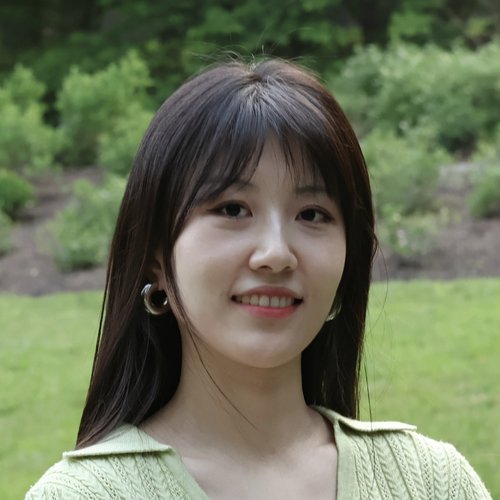
Yuki (Qiuxi) Huang
Instructional philosophy: “My work bridges statistical theory and public health practice. In the classroom, I focus on helping students interpret complex data with clarity and purpose—skills essential for addressing today’s health challenges. I encourage students to think critically about how data informs prevention strategies, clinical decisions and policy-making across disciplines.”
- Ph.D., biostatistics, Boston University (2024)
- Specializations: biostatistics, survival analysis and longitudinal data analysis
Sarah Karalunas, Cobb-Jones Endowed Professor and department chair, psychology
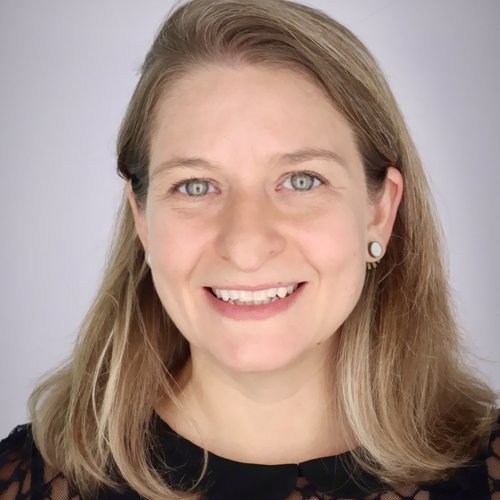
Sarah Karalunas
Instructional philosophy: "My teaching is grounded in the integration of clinical science and applied practice. I strive to create evidence-based learning environments where students explore the complexities of psychological development and mental health. Through mentorship and collaborative inquiry, I aim to help students build both scientific understanding and compassionate clinical insight."
- Ph.D., child clinical psychology, Pennsylvania State University (2011)
- Specializations: child clinical psychology
Carmel Christy Kattithara Joseph, assistant teaching professor, women's and gender studies
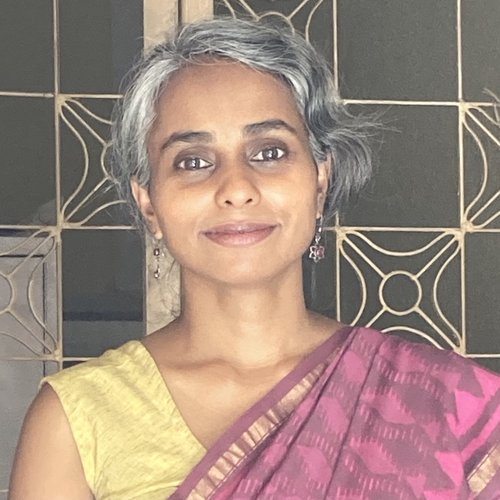
Carmel Christy Kattithara Joseph
Instructional philosophy: "My teaching philosophy is to create a vibrant intellectual ambience in my classroom for every student to thrive without fear. I combine both theory and practice in my classrooms so that students could develop their creative skills while learning to deal with real-world problems."
- Ph.D., communication, University of Hyderabad (2013)
- Specializations: intersections of caste, gender, media and urban space in South Asia
Justin Ko, assistant professor, mathematics
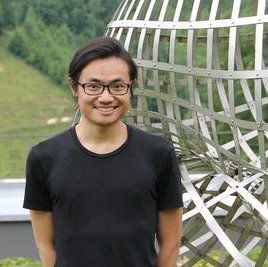
Justin Ko
Instructional philosophy: "My interdisciplinary approach to research translates into the classroom, where I draw from examples and motivations from various fields to provide students with a complete understanding and appreciation of the interplay of all areas in science."
- Ph.D., mathematics, University of Toronto (2020)
- Specializations: probability theory, statistical physics and data science
Isiah Lavender III, University Professor (affiliated with English)
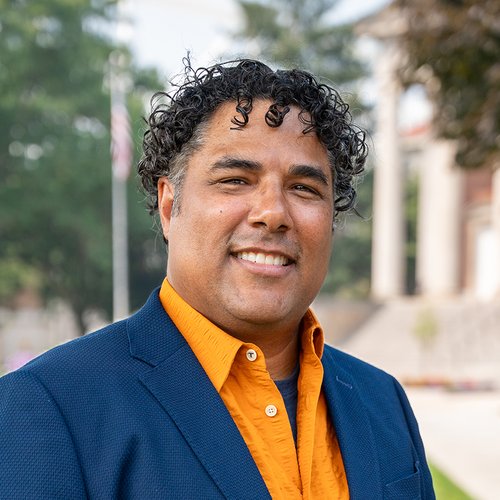
Isiah Lavender III
Instructional philosophy: "As a teaching scholar, my classes are discussion-driven spaces where students explore literature and speculative fiction through the lens of identity and imagination. I strive to build welcoming communities of inquiry that inspire lifelong intellectual curiosity and empower students to think critically about the world and its possible futures."
- Ph.D., English, University of Iowa (2004)
- Specializations: African American literature, science fiction, Afrofuturism and critical race theory
Charles Nudelman, assistant professor, communication sciences and disorders, (affiliated with Center for Health Behavior Research and Innovation)
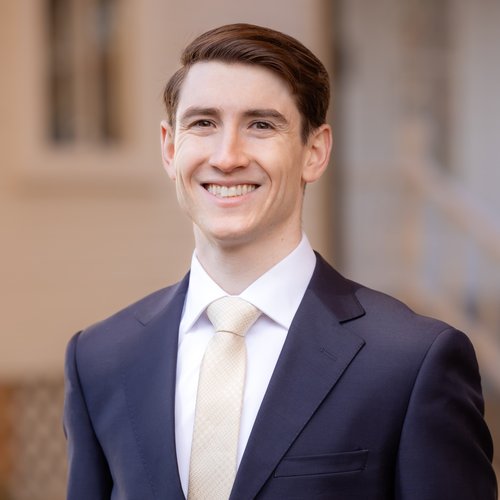
Charles Nudelman
Instructional philosophy: "In the classroom, my teaching centers on helping students become thoughtful, collaborative and reflective professionals by encouraging visible thinking, hands-on learning and open discussion in order to prepare students to engage meaningfully with grand challenges in health, communication and beyond."
- Ph.D., speech and hearing science, University of Illinois Urbana-Champaign (2025)
- Specializations: voice disorders and voice acoustics
Steven D. Penn, research professor, physics
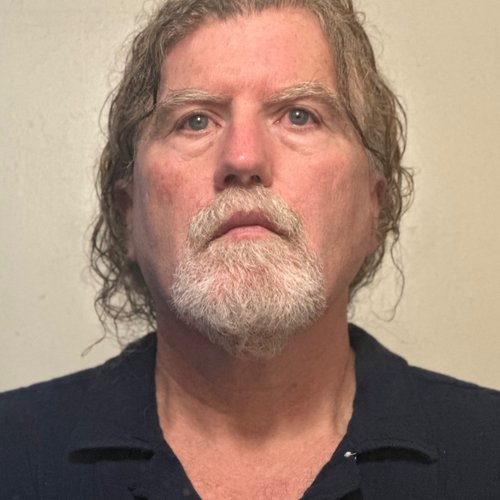
Steven Penn
Instructional philosophy: “I am an experimental gravitational physicist working on the development of the LIGO gravitational wave (GW) observatories. I aim to connect students with the excitement and precision of experimental physics by grounding instruction in research, such as gravitational wave detection. My teaching emphasizes hands-on learning, critical thinking and the collaborative nature of scientific discovery.”
- Ph.D., physics, Massachusetts Institute of Technology (1993)
- Specializations: gravitational wave detection, LIGO Scientific Collaboration, optical coatings and thermal noise
Ruslan Podviianiuk, research assistant professor, physics
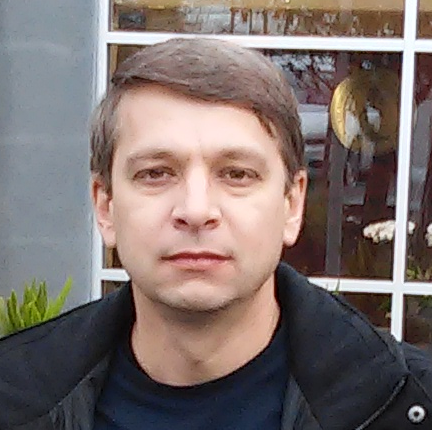
Ruslan Podviianiuk
Instructional philosophy: "I believe that effective teaching involves not only clear content delivery but also inspiring students' curiosity and fostering active participation in the learning process. My mentorship engages students in research, cultivates their interest in research-focused tasks, provides support and maintains regular communication."
- Ph.D., nuclear, particle and high-energy physics, Institute for Nuclear Research, National Academy of Sciences of Ukraine (NASU) (2011)
- Specializations: experimental particle physics and detector development
Published: Sept. 15, 2025
Media Contact: asnews@syr.edu
